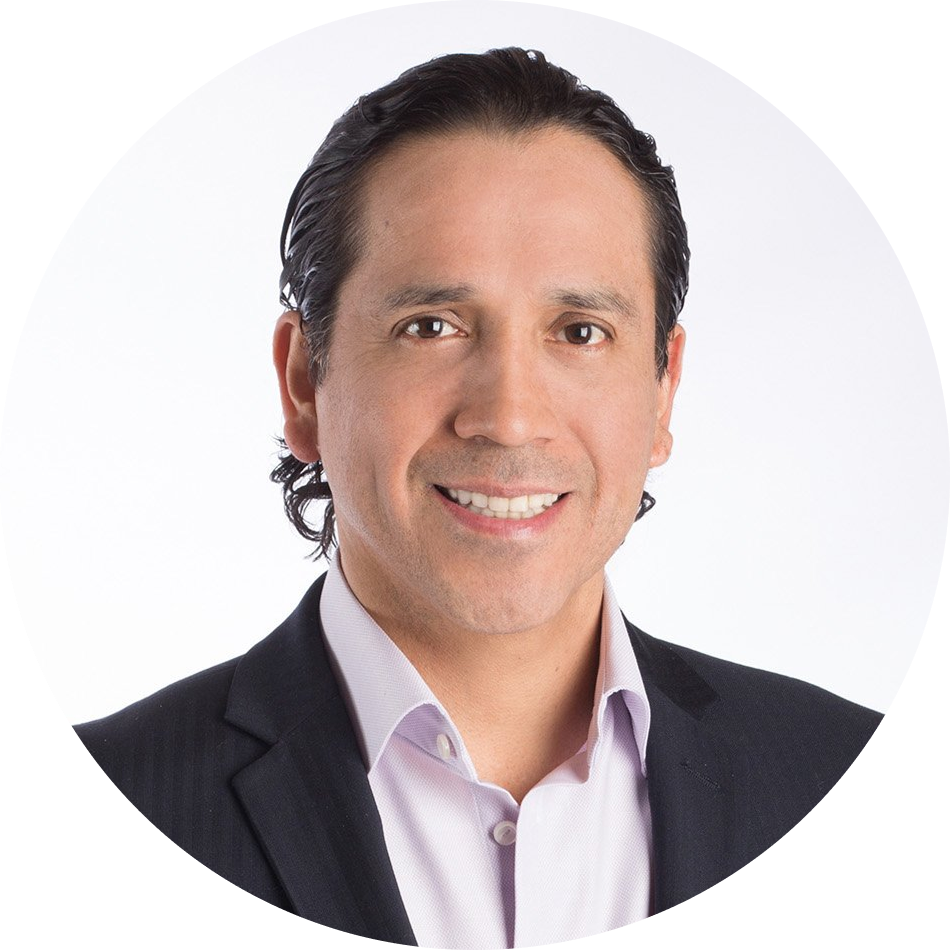Discover how low CO2 levels cause anxiety and how targeted breathing therapy can help you overcome it for good.
Anxiety Isn't Just Mental; It's Also Physiological
Have you ever felt anxious for no clear reason? Your heart races, your chest tightens, your thoughts race, yet nothing in your environment explains it? You’re not imagining it. And it’s not “just in your head.”
Anxiety is often a physiological malfunction, not a character flaw. When breathing is out of alignment, it disrupts your body chemistry, causing anxiety for no good reason. At Respiras, we help clients understand one truth that most people, and even most professionals, overlook:
Low CO2 can stress your nervous system and create anxiety from the inside out without cause. It can also aggravate existing anxiety caused by emotional stress.
Once you understand this, you’ll never approach anxiety the same way again. Before we explore the the role of CO2 depletion on anxiety, let’s discuss the hidden cost of anxiety if left uncorrected.
The Hidden Cost of Anxiety
Anxiety doesn’t just steal peace of mind. If left unchecked, it:
- Damages your relationships with ongoing irritability, anger, apathy, worry, fear, and hypervigilance, and lessened intimacy. Propensity for errors in judgement due to reactivity and impulsivity is high and predictable.
- Crushes productivity with brain fog, poor focus, exhaustion, weakness, procrastination, and burnout.
- Drains your health by weakening your immune system, causing blood pressure spikes, increasing cardiac strain, and impairing recovery.
- Destroys your confidence in every conceivable way, regardless of age and gender.
- Limits your academic and career growth because anxiety weakens your mental clarity and resilience.
- Shrinks your life with avoidance behaviors and an unwillingness to engage in social events or take on new opportunities.
- Manifests in antisocial behaviors, substance use, depersonalization, and other self-destructive behaviors.
- Causes defensivess and rigidity, makimg you closed-minded and resistant to change. This blocks your ability to adapt or transform, rendering cogntive behavioral strategies inefective.
Here’s the truth: anxiety destroys everything if you let it. And medications? They come with their own hidden costs.
Why Medications Aren’t the Long-Term Solution
Prescription medication have a role, especially during acute crises, but they rarely reset the system that generates anxiety. Over time, reliance on medication can bring unintended consequences:
Dependency and tolerance
Higher doses over time
Cognitive dullness
Slower thinking, memory issues
Hormonal disruption
Weight gain, fatigue, libido changes
Rebound anxiety
Worse symptoms when you try to stop
But here’s the good news: You don’t need to live that way.
The Unknown Role of Low CO2 in Anxiety
Conventional care frames anxiety as a mental or emotional issue. But here’s what they rarely tell you:
Anxiety is first and foremost a survival response, and that response is often triggered by a hidden physiological imbalance that you can retrain. Once you master your physiology, you can overcome anxiety permanently.
When your breathing patterns change, so do your CO2 levels. And when CO2 drops below healthy thresholds, your brain interprets it as an emergency, even when you’re completely safe.
How Low CO2 Stresses Your Nervous System
Carbon dioxide isn’t just a waste gas. It is the key to oxygen delivery, pH regulation, and nervous system stability.
Here’s what happens when your CO2 levels drop due to chronic over-breathing:
- Your blood vessels constrict, reducing blood flow to your brain.
- Oxygen delivery is impaired (yes, you can feel oxygen-starved even while over-breathing).
- Your pH shifts toward alkalosis, triggering emergency signals in the brainstem.
- Your nervous system panics into fight-or-flight mode.
This sets off a vicious loop:
💡Low CO₂ → Panic signals → Faster breathing → Even lower CO₂ → More anxiety.
This isn’t psychological. It’s chemical.
And that’s why affirmations, emotional freedom techniques, journaling, and even medication often fall short.
Why Traditional Anxiety Fixes Often Fail
Most conventional treatments manage symptoms but ignore root causes.
- Talk therapy helps process thoughts, but it doesn’t change your physiology.
- Medications may numb anxiety, but they rarely heal the system that created it.
- Mindfulness apps? They may provide temporary relief, but they don’t recalibrate your biochemistry.
Respiras Focus On Physiology
We don’t question anxiety as a problem. We question the physiology and what is attached to the breathing that doesn’t belong. We question the quality of how you breathe within three main prongs:

- Is your breathing out of calibration?
- Is it capable to generate rest, sleep, recovery, and adaptive ability to sustain stress?
- What tools can you gain to balance your autonomic nervous system to increase confidence, calm energy, and serenity.
When your physiology is balanced:

- Your nervous system stops firing false alarms
- Your mind feels clear, steady, and focused
- Anxiety no longer controls your life
- No drugs. No endless therapy. Just a system that works with your biology, not against it.
- You are free to enjoy life. You can enjoy life without the constant fear of panic. You trust your body, your emotions, your future.
This isn’t a dream. It’s the result of restoring the balance nature intended.
Imagine The Difference
You wake up calm. No racing heart. No dread before a meeting. No snapping at loved ones. You are clear, grounded, and in control, not just for a day, but for life.
Conclusion
Anxiety isn’t random. It’s a physiological alarm system gone haywire, and you can reset it. It is simple and once it is done you can live your life with freedom. CO2 regulation for performance defeats anxiety without effort.
If you’re ready to stop coping and start healing, book a discovery session today.
Anxiety doesn't just create stress. It steals time, energy, confidence, and opportunities. We are committed to bringing innovation and creating sustainable solutions so our patients can truly enjoy their personal interests, families, careers, and quality of life.













